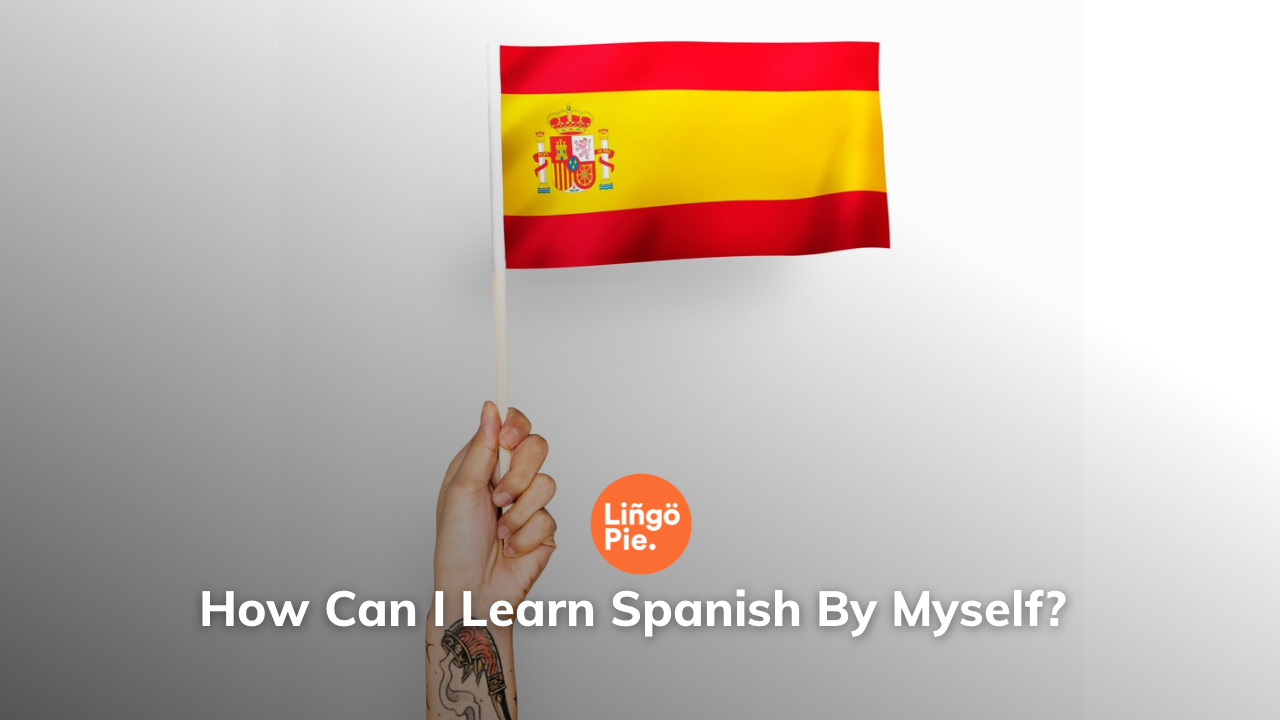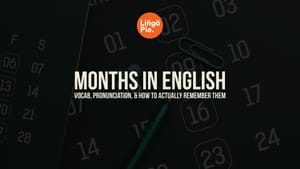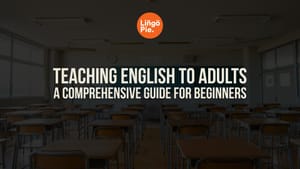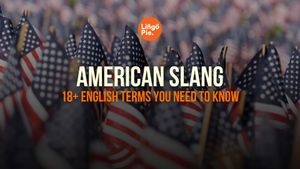Dearest reader,
Should you find yourself enamored with the eloquent turns of phrase employed by the characters of Bridgerton, yet lack understanding of their import, pray attend to this missive forthwith.
This is how I would start my blog post if I were Lady Whistledown!
Netflix's "Bridgerton" has captivated audiences worldwide with its intoxicating blend of romance, drama, and intrigue set against the backdrop of Regency-era England. Set in a time of strict societal norms and elaborate social rituals, "Bridgerton" transports viewers to a world where every word spoken is laden with meaning, reflecting the intricacies of 19th-century English society.
The language used in the show not only adds authenticity but also serves as a window into the customs and etiquette of the era, making "Bridgerton" a feast for both the eyes and the ears.
In this blog post, we'll learn about the common English expressions you heard in Bridgerton, explore their meanings, and how they contribute to the allure of this beloved series!

What Is The Regency Era In England?
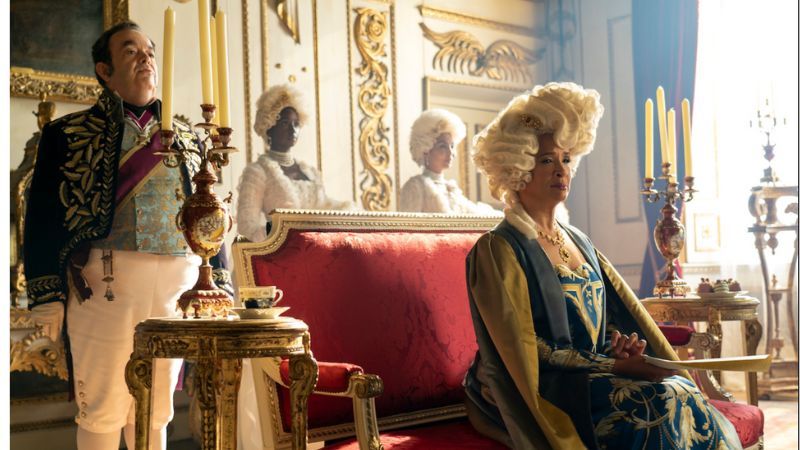
The Regency era (1811-1820) in England was marked by political, social, and cultural shifts. It was a time of strict societal norms and customs, particularly within the upper classes, where class distinctions were paramount. Marriage and social status were crucial, and etiquette governed all aspects of life. Language plays a significant role in reflecting one's class, status, and adherence to etiquette.
In "Bridgerton," the significance of language is evident in the characters' dialogue, which is steeped in the conventions of the time. From the formal language used in formal settings to the subtle nuances of conversation in intimate moments, every word spoken reflects the intricacies of Regency society. The language of "Bridgerton" not only adds authenticity to the series but also serves as a window into the customs, values, and social hierarchy of the era, enriching the viewer's experience of this fascinating period in history.
Read Also:
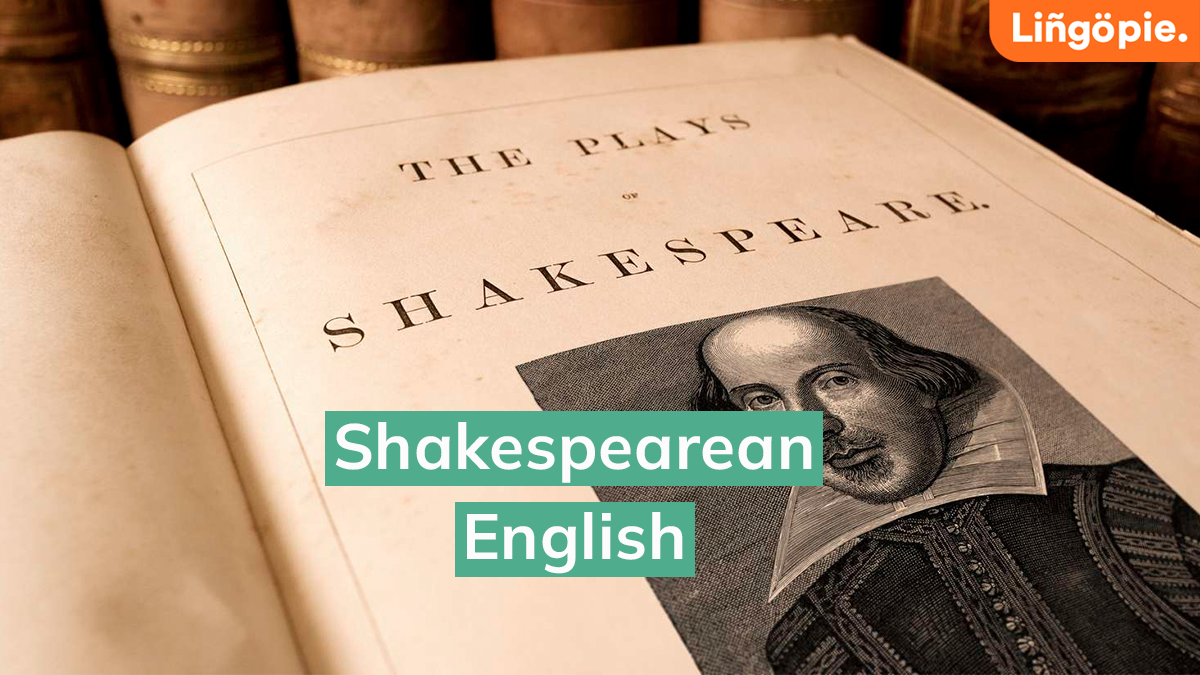
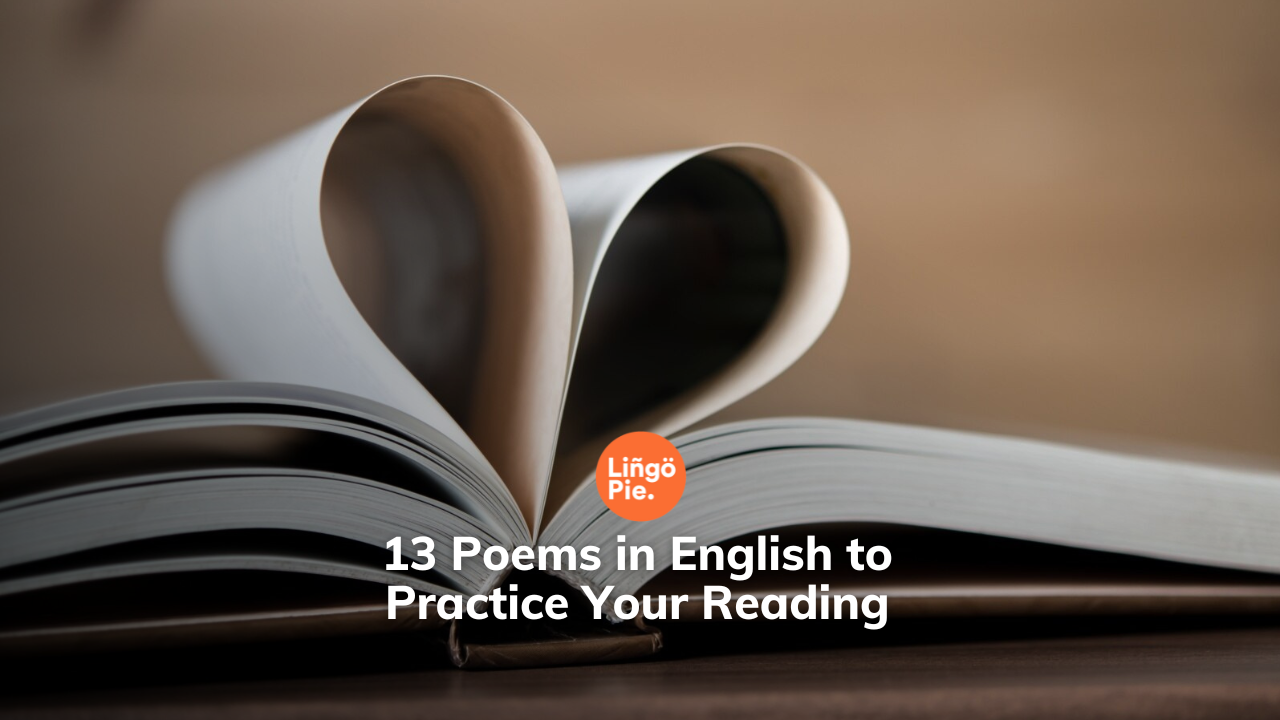
English Expressions From Bridgerton With Meaning and Context
1. Dearest
Meaning: A term of endearment used to express affection or closeness.
Context: Characters in "Bridgerton" often address their loved ones or close acquaintances as "dearest," conveying warmth and intimacy.
Example: "My dearest sister, I must confide in you..."
2. Scandal
Meaning: A situation involving immoral or improper behavior that shocks or offends society's sensibilities.
Context: Scandal is a recurring theme in "Bridgerton," where characters' reputations and social standing are often at stake due to gossip and rumors.
Example: "The scandal surrounding Lady Whistledown's latest revelation has sent shockwaves through the ton."
3. Ton
Meaning: The fashionable upper class or elite society.
Context: The "ton" represents the highest echelons of Regency society, where wealth, pedigree, and social connections reign supreme.
Example: "She is the toast of the ton, sought after by all eligible bachelors."
4. Rake
Meaning: A man who leads a dissolute or debauched lifestyle, often characterized by immoral behavior and libertine pursuits.
Context: Rakes are common figures in Regency society, known for their scandalous exploits and disregard for social norms.
Example: "Lord Featherington's reputation as a notorious rake precedes him wherever he goes."
5. Diamond of the first water
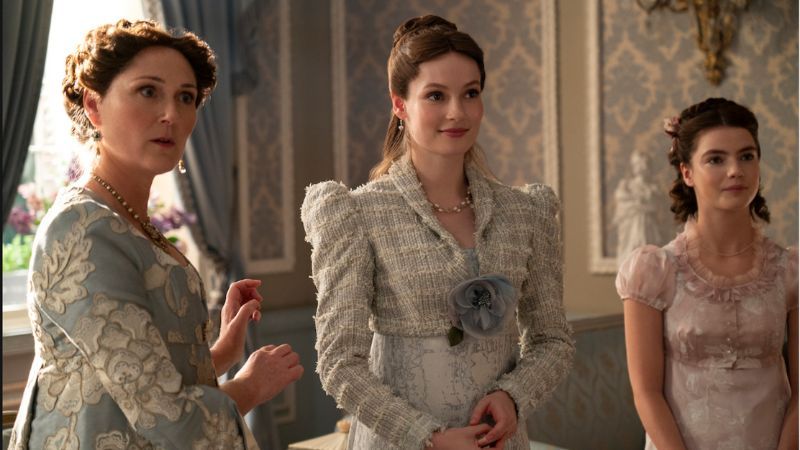
Meaning: A person of exceptional beauty, talent, or quality.
Context: This expression is used to describe individuals who possess unparalleled charm, elegance, or refinement.
Example: "Miss Daphne Bridgerton is truly a diamond of the first water, admired by all who have the pleasure of her acquaintance."
6. Feather in one's cap
Meaning: An accomplishment or achievement that enhances one's reputation or prestige.
Context: In "Bridgerton," characters often seek to achieve feats that will earn them recognition and admiration within society.
Example: "Securing a marriage proposal from the Duke of Hastings would be a feather in any young lady's cap."
7. Making a match
Meaning: Arranging a marriage or romantic pairing between individuals, often for strategic or social purposes.
Context: Matchmaking is a common practice in Regency society, where marriages are often orchestrated to consolidate wealth, power, or social status.
Example: "Lady Bridgerton is determined to make a match for her eldest daughter that will secure the family's position in society."
8. Fetching a bonnet
Meaning: Going to retrieve a woman's hat or head covering, typically as a gesture of courtesy or gallantry.
Context: This expression reflects the chivalrous behavior expected of gentlemen towards ladies in Regency society.
Example: "Lord Anthony gallantly offered to fetch Lady Whistledown's bonnet after their afternoon stroll in the park."
9. Society papers
Meaning: Newspapers or publications that report on the activities, events, and gossip of high society.
Context: Society papers play a significant role in disseminating news and rumors within Regency society, shaping reputations and social perceptions.
Example: "Lady Featherington eagerly awaited the latest edition of the society papers to see if her daughters' prospects had improved."
10. Courting
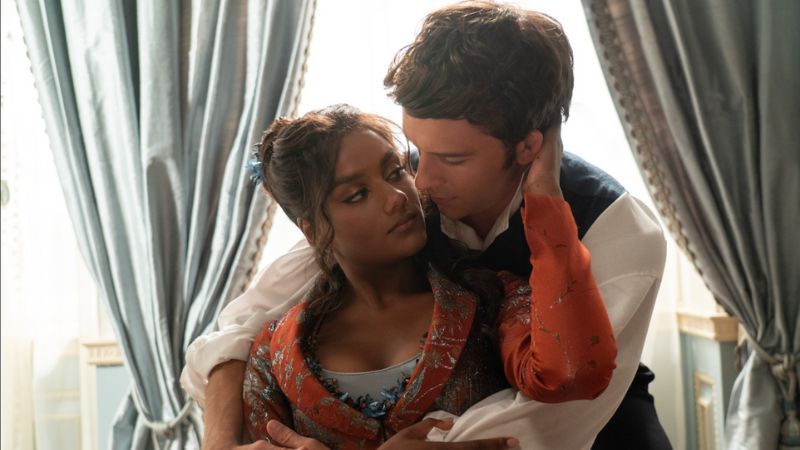
Meaning: Pursuing a romantic relationship with the intention of marriage, typically through formal visits and social interactions.
Context: Courting is a formalized process in Regency society, governed by rules of propriety and decorum.
Example: "Lord Bridgerton's courtship of Miss Sheffield was the talk of the town, with many speculating on when he would propose."
11. Modiste
Meaning: A fashionable dressmaker or milliner who specializes in women's clothing and accessories.
Context: Modistes are essential figures in Regency society, responsible for creating the latest fashions and ensuring that individuals are impeccably dressed for social events.
Example: "Lady Danbury recommended the finest modiste in town to ensure that Lady Whistledown's gown for the ball would be the envy of all."
12. Coterie
Meaning: A small, exclusive group of people with shared interests or social connections.
Context: Coterie refers to the circles of influence and camaraderie that exist within Regency society, where individuals seek companionship and support among peers.
Example: "Lady Bridgerton's coterie of friends and allies provided her with invaluable support during her time of need."
13. Come out
Meaning: Making one's formal debut into society, typically upon reaching a certain age or status.
Context: Coming out marks a significant milestone in a young person's life, signaling their readiness to participate in social gatherings and events.
Example: "Lady Whistledown's column speculated on which debutantes would come out during the upcoming season and make a splash in society."
14. Season
Meaning: The social season, typically occurring in the spring and summer, during which high society engages in a whirlwind of parties, balls, and other events.
Context: The season is a focal point of Regency society, providing opportunities for matchmaking, socializing, and displaying wealth and status.
Example: "The arrival of the London season brought with it a flurry of activity as the ton prepared for weeks of festivities and revelry."
15. Making an entrance
Meaning: Entering a room or social gathering in a manner that commands attention and admiration.
Context: Making an entrance is a skill prized in Regency society, where individuals strive to leave a lasting impression with their grace, poise, and charm.
Example: "Lady Featherington made quite the entrance at the ball, turning heads with her elaborate gown and sparkling jewels."
16. Ruined
Meaning: A term used to describe a person, typically a young woman, whose reputation has been irreparably damaged, often due to scandal or impropriety.
Context: In Regency society, a ruined reputation could have severe consequences, including social ostracism and diminished marriage prospects.
Example: "Lady Marina's elopement with a commoner has left her reputation in ruins, making her a pariah in polite society."
17. Conversing over tea
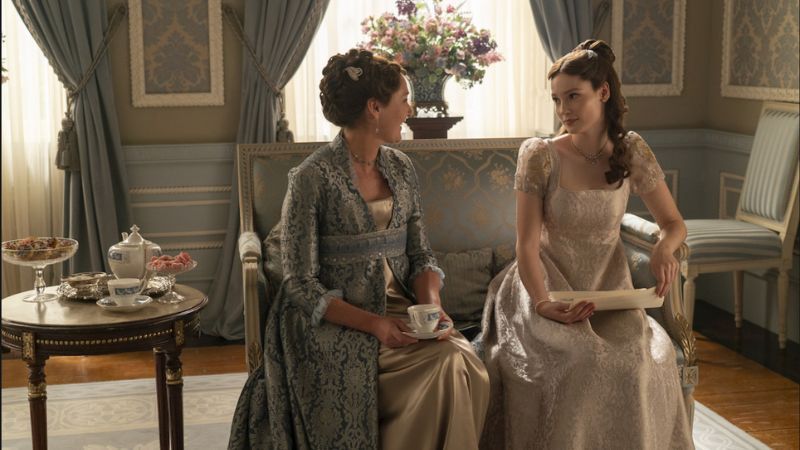
Meaning: Engaging in polite conversation or gossip while partaking in the ritual of afternoon tea.
Context: Tea-drinking was a popular social custom in Regency England, providing an opportunity for individuals to socialize and exchange news and gossip.
Example: "The ladies of the ton gathered at Lady Danbury's salon to converse over tea, sharing the latest scandalous rumors and societal gossip."
18. Bowing and curtsying
Meaning: Performing formal gestures of respect and courtesy, with gentlemen bowing and ladies curtsying in greeting or acknowledgment.
Context: Bowing and curtsying were essential components of etiquette in Regency society, signaling deference and respect towards others.
Example: "Lord Bridgerton executed a graceful bow upon being introduced to Lady Violet, while she responded with a genteel curtsy."
19. Gossipmonger
Meaning: A person who habitually spreads gossip or rumors, often for personal amusement or to gain social advantage.
Context: Gossipmongers are ubiquitous in Regency society, thriving on the dissemination of scandalous tidbits and juicy stories.
Example: "Lady Featherington's reputation as a notorious gossipmonger ensured that her salon was always filled with the latest scandal and intrigue."
20. Matrimonial aspirations
Meaning: A person's desires or ambitions regarding marriage and romantic relationships.
Context: Matrimonial aspirations are central to the concerns of individuals in Regency society, where marriage is often viewed as a means of securing financial stability, social status, or personal happiness.
Example: "Miss Penelope Featherington harbored matrimonial aspirations of securing a wealthy and titled husband, despite her family's precarious financial situation."
Read Also:
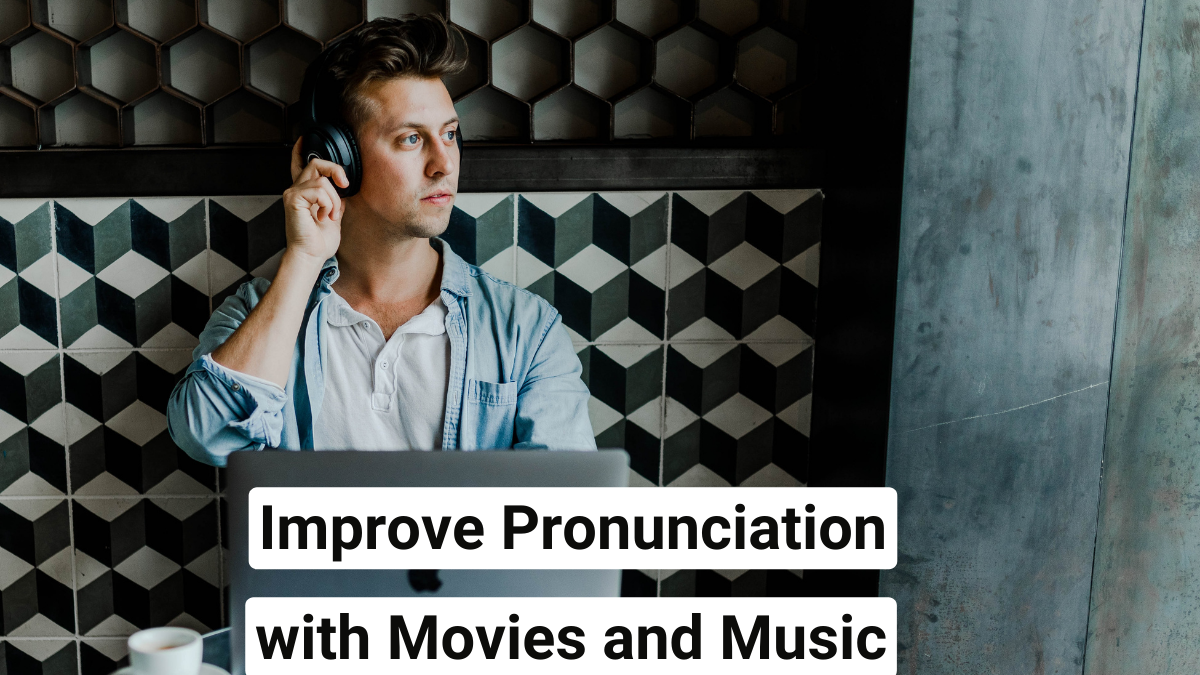

Final Words
The English expressions highlighted in this blog post provide a window into the world of "Bridgerton" and the Regency era it portrays. From terms of endearment like "dearest" to societal concepts like "ton" and "courting," each expression enriches the dialogue and narrative, capturing the essence of a time filled with romance and scandal.
Speak English Like The Bridgertons With Lingopie!
Who says you can't improve your English by watching Bridgerton? Grab a cup of tea and immerse yourself in British movies and TV shows to learn English. authentically! That's the mission of Lingopie, making language learning fun and immersive!
Lingopie makes language learning fun and effective by using real TV shows, movies, and documentaries. It offers interactive subtitles, so you can click on any word to get an instant translation in your native language.
The platform also personalizes content based on your progress, making sure you're always engaged. Words you click on are saved to flashcards for easy review, and there are quizzes to help you remember what you've learned. Plus, by watching different genres, you get a feel for the culture and language in real-life situations.
Download Lingopie from the App Store or Play Store now and get a FREE 7-day trial!
Frequently Asked Questions
1. What kind of English is used in Bridgerton?
The English used in "Bridgerton" is formal and reflects the Regency era, featuring intricate dialogue and expressions typical of 19th-century England.
2. How to speak like the Bridgertons?
To speak like the Bridgertons, use formal language with a touch of elegance and politeness. Incorporate Regency-era expressions and manners into your speech.
3. Is Bridgerton American or British?
"Bridgerton" is a British television series produced by Shonda Rhimes' production company, Shondaland, and is set in Regency-era London, making it British in setting and theme.
4. What is ton in Bridgerton?
In "Bridgerton," the term "ton" refers to the fashionable upper class or elite society of Regency-era London. It represents the highest echelons of society, where wealth, status, and social connections are paramount.





